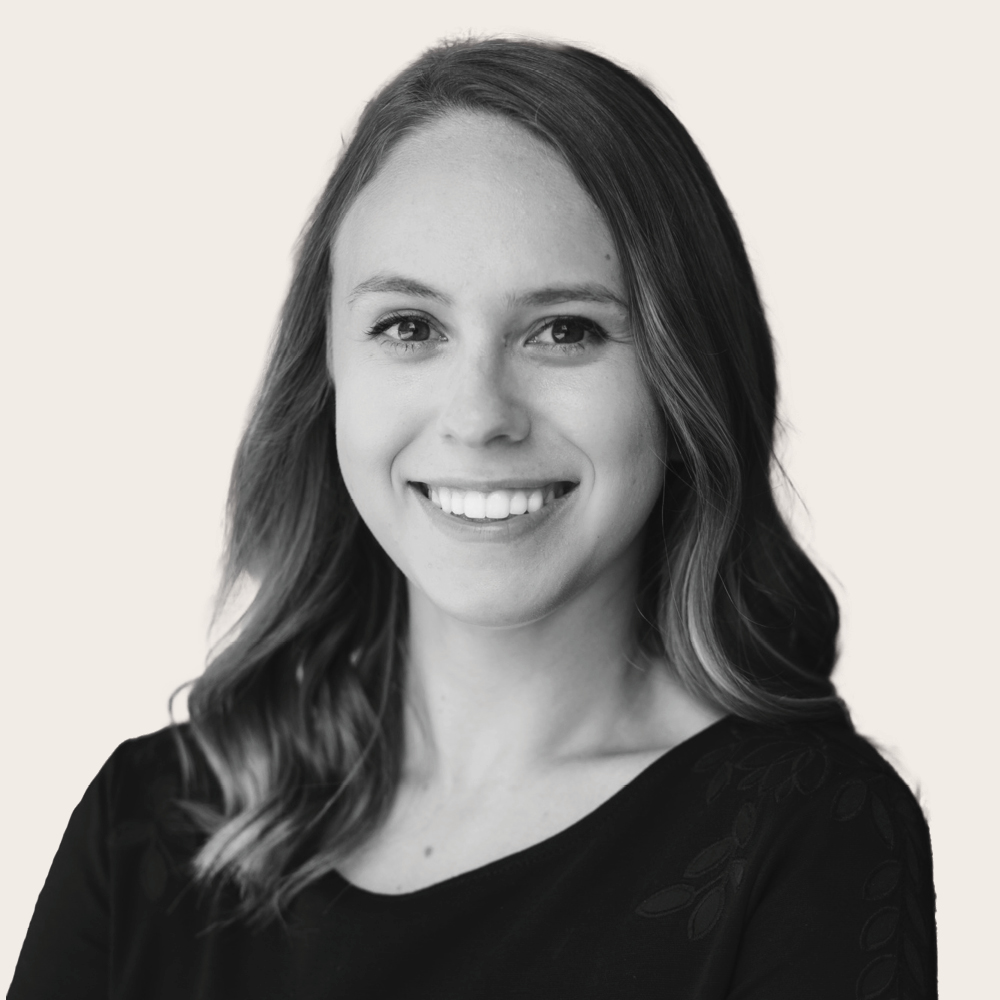
Part of my job as a Talent Consultant is to help candidates represent themselves accurately and effectively in each interview. After spending two years in the field and sitting in on countless interviews, below are the tried-and-true themes that I return to for every prep session.
Come Prepared with Examples
After being prepped by the Talent Consultant on the topics the interview will cover, develop two to three examples that could be applicable as your answer. It’s better to have more than fewer examples, and it’s welcomed (after hearing the question asked) to offer a few different examples and ask the interviewer which one they’d prefer to hear. It shows that you’re listening to them—and that you came prepared.
Write Down the Question
It’s perfectly acceptable to write down the question once it’s been asked to you—in fact, it’s a great idea to do so, especially if the question is multi-faceted and you need to address several points in your example.
The Four W’s
One of the most common pieces of feedback I hear from a client after an interview is: “The candidate was great, but they didn’t answer the question.” It’s easy to get overwhelmed in an interview and veer off course. I’ve found that the “Four W’s” make the foundation of a great answer. When you’re preparing different scenarios/examples to share, go back to the basics:
- Who was involved? (Was it collaborative? How did you decide who to include in the plan?)
- What was the plan? (Get specific here about your leadership and the role you took on)
- When did this happen? (Was it at a certain inflection point for your team/organization?)
- Why did this happen?
- BONUS: What was the purpose and point, and what resulted from your work? (a.k.a. the “Impact”)
Keep It Tight
If you prepare effectively, you won’t get lost in the details and you’ll stick to the storyline. Don’t steer off-road into random tangents that aren’t applicable to what the interviewer wants to hear. Practice your answers and know where you can cut down as appropriate.
Mind Your Time
Your interview time is limited, and it’s important to remember that. This tip goes hand in hand with “Keep It Tight”—if you’ve practiced your answers, you’re mindful of the clock. It’s not in your best interest to have extremely long answers: the purpose of an interview is primarily for a hiring manager to find out more about you and your alignment with the organization and role. To achieve that, they need to ask a lot of questions, and you have to be mindful of that need.
Bring Your Best Questions
The questions you ask at the end of an interview can completely change an interviewer’s opinion—I’ve witnessed it in real time. Study the job description, ask questions that go beyond a surface level, ask to hear about culture, and think about your audience. Are you meeting with the founder? Board members? People you’d be supervising? The questions you ask one person won’t necessarily translate to another.
Whether it’s your first or final round, clients can spot a well-prepared candidate the minute they “walk” into the Zoom room or conference room. The advice above will help you to show up the way you want to be seen and demonstrate your existing expertise.

